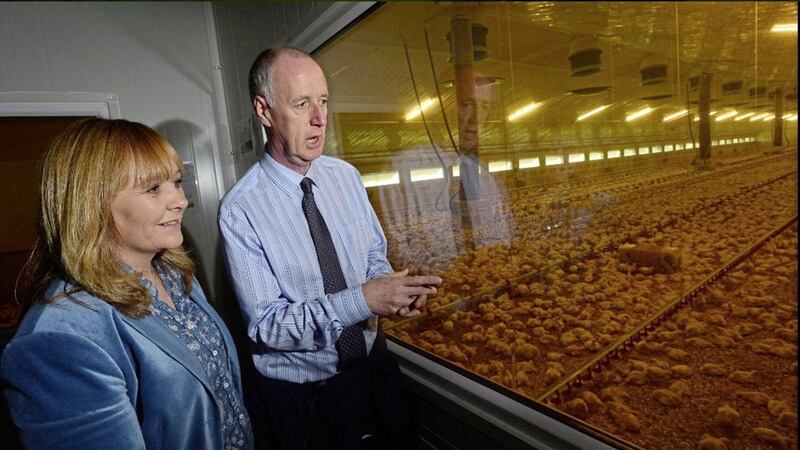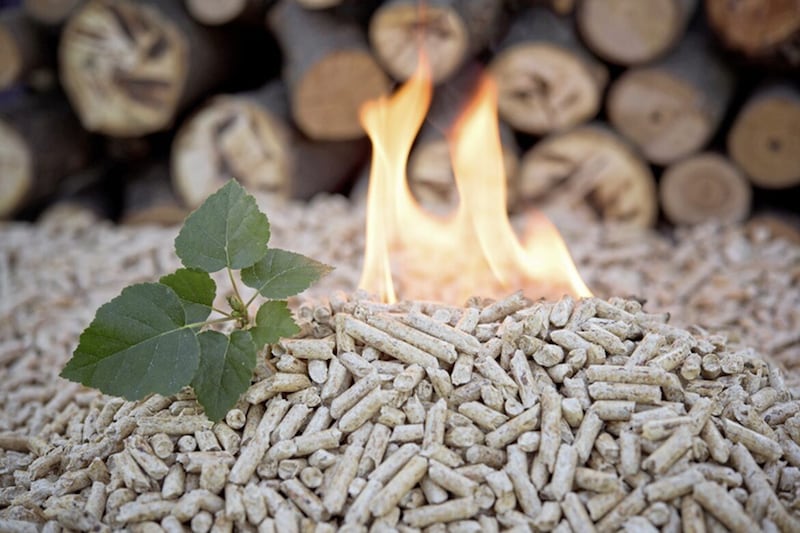STORMONT'S botched renewable energy scheme will help the north reduce its greenhouse gas emissions over the coming decades, according to the Department of Agriculture, Environment and Rural Affairs (Daera).
But the claim has been met with scepticism by a Queen's University academic, who fears the Renewable Heat Incentive's (RHI) flawed design means it may have actively encouraged more climate change-causing pollution.
The RHI was introduced in 2012 by then enterprise minister Arlene Foster in response to EU environmental targets aimed at combatting global warming. The scheme encouraged farmers and businesses to switch from fossil fuels to more environmentally-friendly energy sources such as biomass.
But failure to impose cost controls like those for a corresponding scheme in Britain means many claimants burned energy just to make money – increasing rather than reducing climate change gases.
In response to a query from The Irish News, Daera said its forecasts showed that regional greenhouse gas emissions will have been reduced by 31.2 per cent over the 40 years between 1990-2030.
According to the department, 0.9 percentage points of the reduced amount can be attributed to the domestic and non-domestic RHI.
The department said RHI accounted for 6.5 per cent of the total reduction projected from 2015-30.
However, the claim has been questioned by Peter Doran of Queen's University's School of Law, who said accurate emissions estimates are impossible until the results of RHI boiler audit launched before Christmas by Mrs Foster were known.
He said only RHI installations that have replaced fossil fuel plant or enabled new operations to avoid emissions have made a genuine contribution to cutting greenhouse gases.
"It is ironic indeed that a scheme conceived with a view to mitigating our greenhouse gas emissions has, in all probability, triggered a net increase in those emissions by incentivising some non-essential heating capacity," Mr Doran told The Irish News.
"There is little doubt that a proportion of the heating capacity that did not replace existing heating infrastructure in Northern Ireland has been developed in response to a perverse incentive, resulting in a net increase in emissions and waste."
Mr Doran said the recent revelation that 60 per cent of RHI boilers were 'new heat' rather than replacements illustrated how much additional emissions the scheme was generating.
"Until we have a detailed audit, it's impossible at this stage to credit RHI with any accuracy to making a contribution to reducing greenhouse gases," he said.
"It would not make sense, for example, to include emissions from fraudulent use of the RHI scheme in our overall emissions reductions data."








